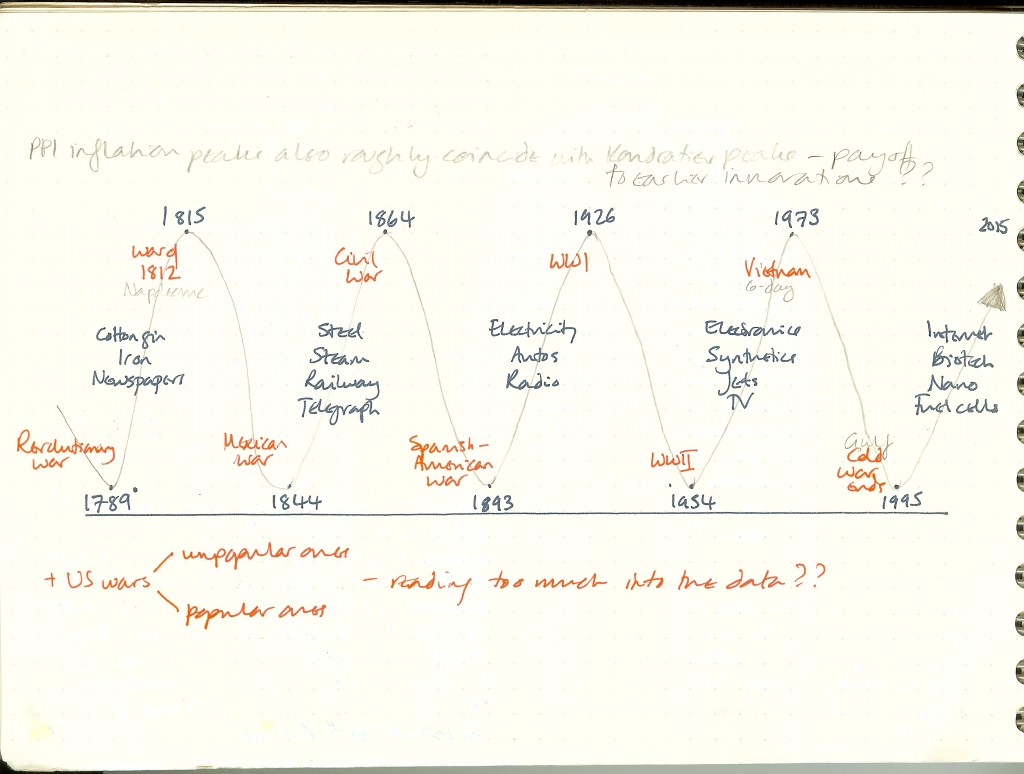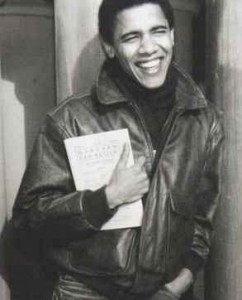A while ago I read [amazon_link id=”0141003251″ target=”_blank” ]The Morbid Age[/amazon_link] by Richard Overy, an utterly brilliant overview of the inter-war years. It was published in 2009, when the parallels between the 1920s/30s and our own time were not as obvious as they have since become. Although there are certainly differences, there is now a similar odd, febrile mix of technological and cultural innovation combined with a sense of crisis, anxiety and an almost existential despair about democratic politics.
[amazon_image id=”0141003251″ link=”true” target=”_blank” size=”medium” ]The Morbid Age: Britain and the Crisis of Civilisation, 1919 – 1939[/amazon_image]
One of the many points that struck me in Overy’s account was his description of the widespread interest in serious matters. For example, the Left Book Club, which I’d always imagined to be the minority sport of a few intellectuals, was a mass market phenomenon. There is certainly plentiful evidence of this seriousness these days: huge interest in online university courses; sales of ‘popular’ science, history, economics books; flocks of people attending debates and lectures; audiences for current affairs and foreign news…..
These serious appetites are well in evidence, too, in just my limited reading of this weekend’s book and culture sections of the papers. Here are just a few themes:
The internet and society. John Naughton discusses David Weinberger’s [amazon_link id=”0465021425″ target=”_blank” ]Too Big to Know[/amazon_link] and Evgeny Morozov’s [amazon_link id=”014104957X” target=”_blank” ]The Net Delusion[/amazon_link] & his recent New York Times essay (Death of the Cyberflâneur) about the decline of online flânerie (with HT to [amazon_link id=”067404326X” target=”_blank” ]Walter Benjamin[/amazon_link]). Richard Sennett’s new book on community (ok, the theme of all of his books), [amazon_link id=”0713998741″ target=”_blank” ]Together[/amazon_link], features in The Guardian, Observer, The Independent.
[amazon_image id=”0300116330″ link=”true” target=”_blank” size=”medium” ]Together: The Rituals, Pleasures and Politics of Cooperation[/amazon_image]
Mechanisms. The book behind the movie Hugo, Brian Selznick’s [amazon_link id=”1407103482″ target=”_blank” ]The Invention of Hugo Cabret[/amazon_link] (Observer). The Black Scholes Equation, one of those featured in Ian Stewart’s [amazon_link id=”1846685311″ target=”_blank” ]17 Equations that Changed the World[/amazon_link] – see also John MacCormick’s 9 algorithms that changed the future and my recent musings on the performativity of economics, Frankenstein Economics. Here’s a review of Nick Harkaway’s [amazon_link id=”043402094X” target=”_blank” ]Angelmaker[/amazon_link], featuring a maker of clocks and automata.
[amazon_image id=”043402094X” link=”true” target=”_blank” size=”medium” ]Angelmaker[/amazon_image]
Here, by the way, is a fascinating article about the Enlightenment and 19th century interest in automata – and here a 21st century animatronic singing face.
Freedom, and its erosion. John Kampfner reviews Rebecca MacKinnon’s [amazon_link id=”0465024424″ target=”_blank” ]Consent of the Networked[/amazon_link]. Nick Cohen has a new book out, [amazon_link id=”0007308906″ target=”_blank” ]You Can’t Read This Book[/amazon_link], reviewed here by Denis McShane.
The state of the nation. Charles Dickens is everywhere, given his anniversary – see this review in the Sunday Telegraph of [amazon_link id=”1848313918″ target=”_blank” ]The Dickens Dictionary[/amazon_link]. Here is an essay by Alex Preston on a flock of new state of the nation novels. I’m especially looking forward to John Lanchester’s [amazon_link id=”0571234607″ target=”_blank” ]Capital[/amazon_link]. Not to mention the wave of books about (in-)equality, the economy and all that.
Time to stop blogging and start reading.
[amazon_image id=”0571234607″ link=”true” target=”_blank” size=”medium” ]Capital[/amazon_image]


